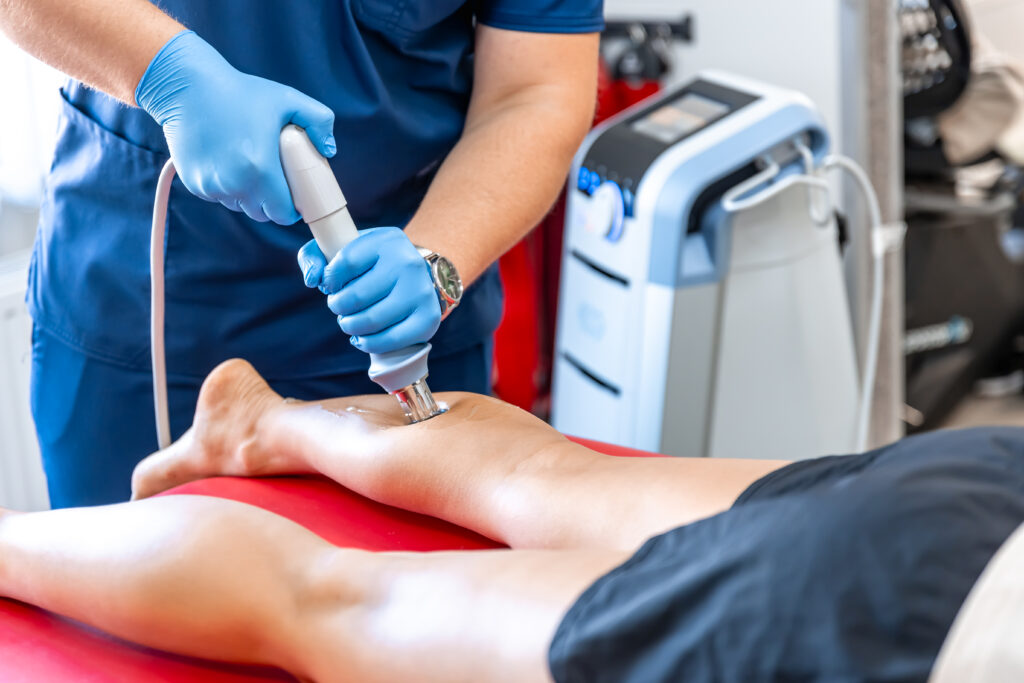
Chronic shoulder pain can feel like an endless cycle of discomfort and frustration. For many patients, the journey to recovery isn’t just about physical therapy—it’s also about how they perceive their pain and the expectations they hold for improvement. Did you know that your mindset and personal beliefs can significantly impact how you experience pain and respond to treatment? Let’s dive into how beliefs, expectations, and a holistic approach to recovery can change the course of your healing.
New Research from Brazil Highlights the Role of Beliefs in Shoulder Pain Recovery
A recent study conducted in Brazil has shed new light on the perceptions and expectations of patients with chronic shoulder pain. Using a qualitative approach, this research aimed to understand how patients’ beliefs about their pain and their expectations for recovery influence their treatment outcomes. The study, published in Physical Therapy journal (Freitas et al., 2024), explored two groups of individuals: one with lower disability (Group 1) and another with higher disability (Group 2). Through semi-structured interviews, the researchers uncovered important insights into the multifaceted nature of chronic pain and how beliefs can shape recovery.
Key Findings: Differences in Recovery Expectations Between Groups
There were notable differences between the two groups. Patients in Group 1 (those with a lower perception of disability) were more likely to have positive expectations about physical therapy and sought out resources for pain relief. They had faith in their treatment plan and felt optimistic about their recovery. On the other hand, Group 2 (those with a higher perception of disability) relied more heavily on rest and turned to religion as a resource for pain relief. Many in this group believed that only God could heal them, and some expressed a lack of expectations for improvement altogether.
Expectations and Their Impact on Treatment Outcomes
The study revealed that patients with a higher perception of disability tended to have lower expectations for improvement. This was concerning, as research has shown that patients with higher recovery expectations tend to have better clinical outcomes. For patients in Group 2, the negative expectations they held might lead to less engagement with their physical therapy, which could hinder their progress. The findings stress the importance of addressing these negative beliefs and helping patients set realistic, positive expectations for their recovery.
The Role of Religion and Spirituality in Chronic Pain Management
An interesting aspect of the study was the emphasis placed on spirituality. Many patients in Group 2 incorporated religious practices, such as prayer and attending religious services, into their pain management strategies. This finding highlights the significant role religion plays in coping with chronic pain. The researchers pointed out that while spirituality can provide emotional support, it should be combined with physical rehabilitation for the best results. The study also suggested that future research should investigate how religiosity and spirituality impact pain and disability, especially across different cultures.
Takeaway: Your Mindset Matters
It’s time to realize the power your mindset holds in your recovery. By understanding how your beliefs and expectations impact your experience with chronic shoulder pain, you can take charge of your treatment journey. Remember, the road to recovery isn’t just about physical healing—it’s about addressing the whole person. So, embrace your treatment plan, stay engaged, and don’t underestimate the influence your beliefs have on your healing process.
With the right mindset and approach, you can not only heal your shoulder but also empower yourself to take control of your recovery.
Reference:
Freitas, L. J., Hotta, G. H., Alaiti, R. K., Fukusawa, L., Palacios-Ceña, D., & Oliveira, A. S. (2024). “I Have Faith in God That I Will Get Better”—The Multidimensional Perceptions and Expectations of Patients With Chronic Shoulder Pain: A Qualitative Analysis of Common Sense. Physical Therapy, pzae132.


